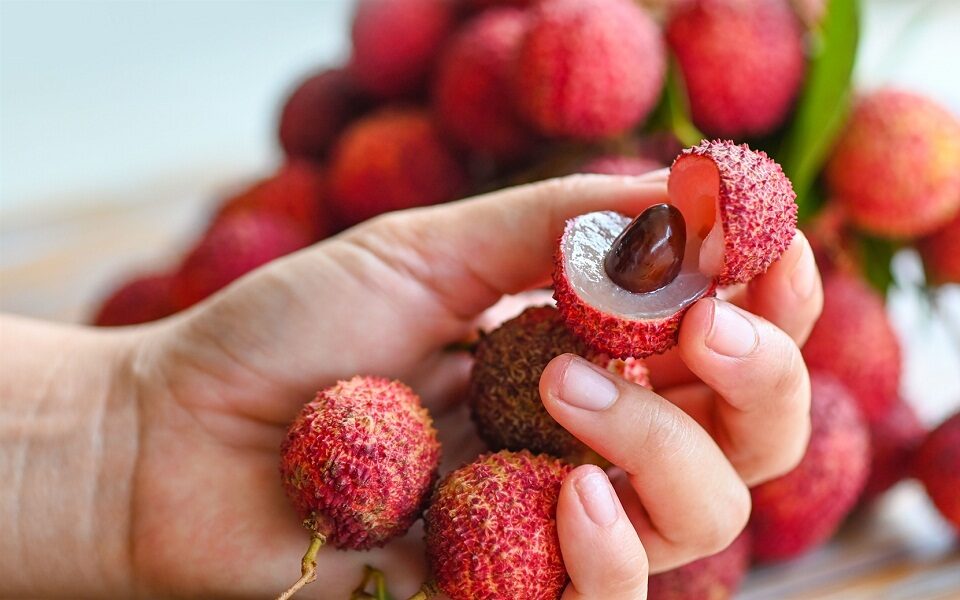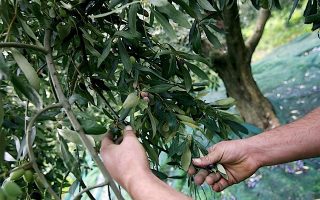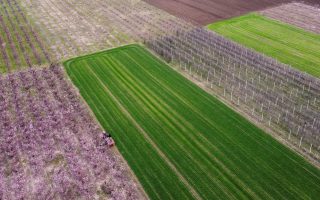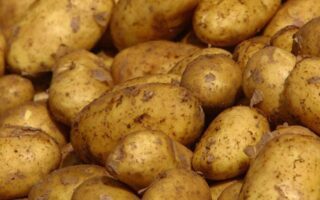Cultivations going tropical
Experimental farming of non-native species takes advantage of changing climate

Avocados instead of cucumbers, mangos instead of oranges, guavas instead of watermelons, lychees instead of apricots: Such a prospect may look unrealistic for Greece right now, but it will not be so in not-too-distant future.
Climate change is here and the prolonged heatwaves, warm winters and erratic rainfall are essentially the foretaste of a reality where the climate in Greece turns from temperate to tropical, as without any previous movement of the tectonic plates, the country has shifted closer to the Tropic of Cancer in climate terms.
Faced with the risk of the disappearance of traditional crops due to the change of climate conditions, the scientific community is already moving in two directions. Firstly, it is investigating the prospects of cultivating subtropical plants in Greece, which will not replace endemic plants but could be an alternative income source for farmers. The second thing it is doing is identifying, improving and developing different types of traditional Greek crops that will, for example require less water or can cope with higher winter temperatures and sudden rainfall during fruition.
Since last year, an experimental cultivation program of five subtropical plants has been under way in the Peloponnese (mainly in Messinia but also in Laconia), under the supervision of the Dimitra Hellenic Agricultural Organization of the Ministry of Agricultural Development. On a total of 25,000 square meters of land, avocados, mangoes, lychees, cherimoya and macadamias are being cultivated. The program is for five years and is financed by the Regional Authority of the Peloponnese.
“Safe conclusions cannot yet be drawn, as these plants are in new climate data. They got through the winter successfully, then we had a late frost and now we have a prolonged heatwave. The avocados are already ripening and the first mangoes are being cut. We can be quite optimistic,” says Teresa Tzatzani, a researcher at the Institute of Olives, Subtropical Plants and Vine at the Dimitra organization who specializes in arboriculture of subtropical species, in comments to Kathimerini.





